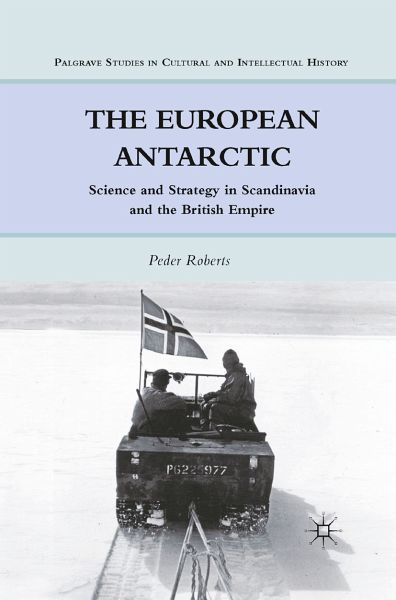
The European Antarctic (eBook, PDF)
Science and Strategy in Scandinavia and the British Empire
Versandkostenfrei!
Sofort per Download lieferbar
72,95 €
inkl. MwSt.
Weitere Ausgaben:

PAYBACK Punkte
36 °P sammeln!
This is the first transnational study of British, Norwegian, and Swedish engagement with the Antarctic. Rather than charting how Europeans unveiled the Antarctic, it uses the history of Antarctic activity as a window into the political and cultural worlds of twentieth-century Britain and Scandinavia.
Dieser Download kann aus rechtlichen Gründen nur mit Rechnungsadresse in A, B, BG, CY, CZ, D, DK, EW, E, FIN, F, GR, HR, H, IRL, I, LT, L, LR, M, NL, PL, P, R, S, SLO, SK ausgeliefert werden.












